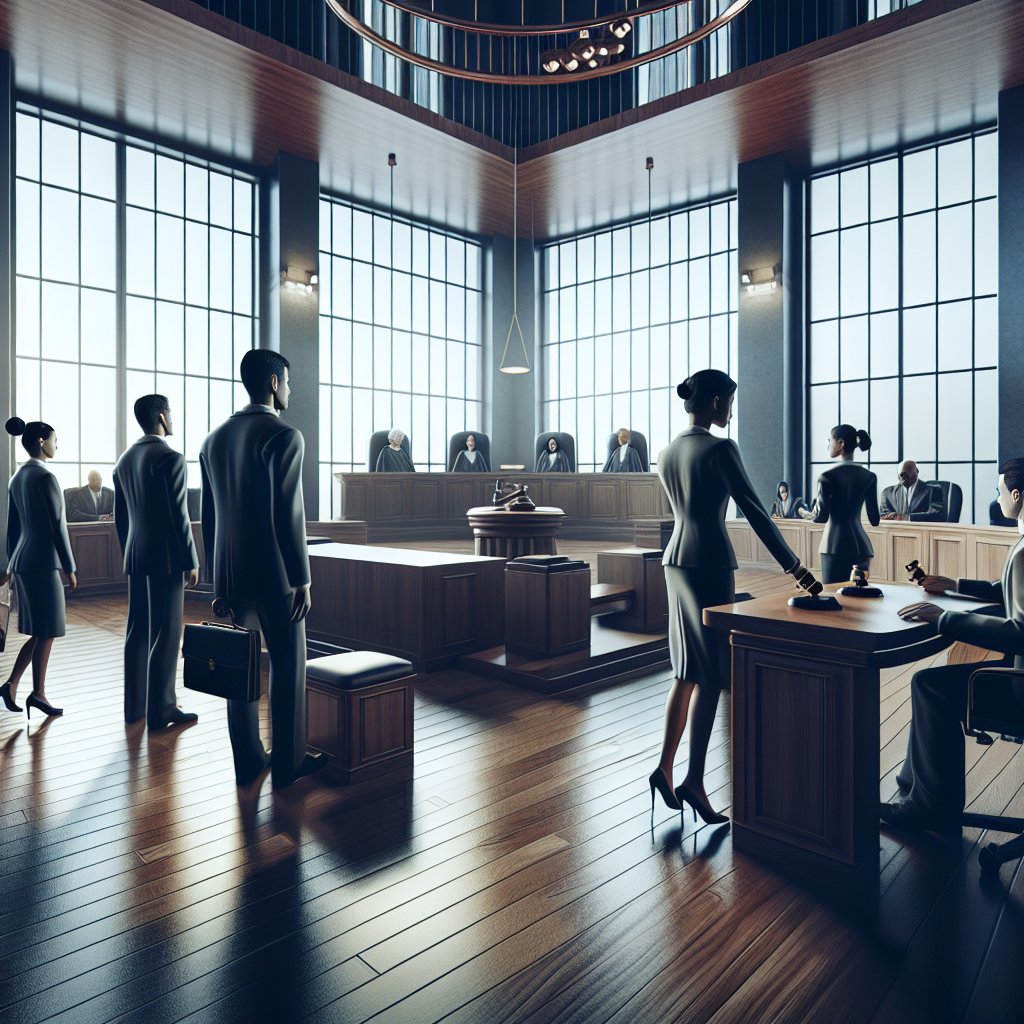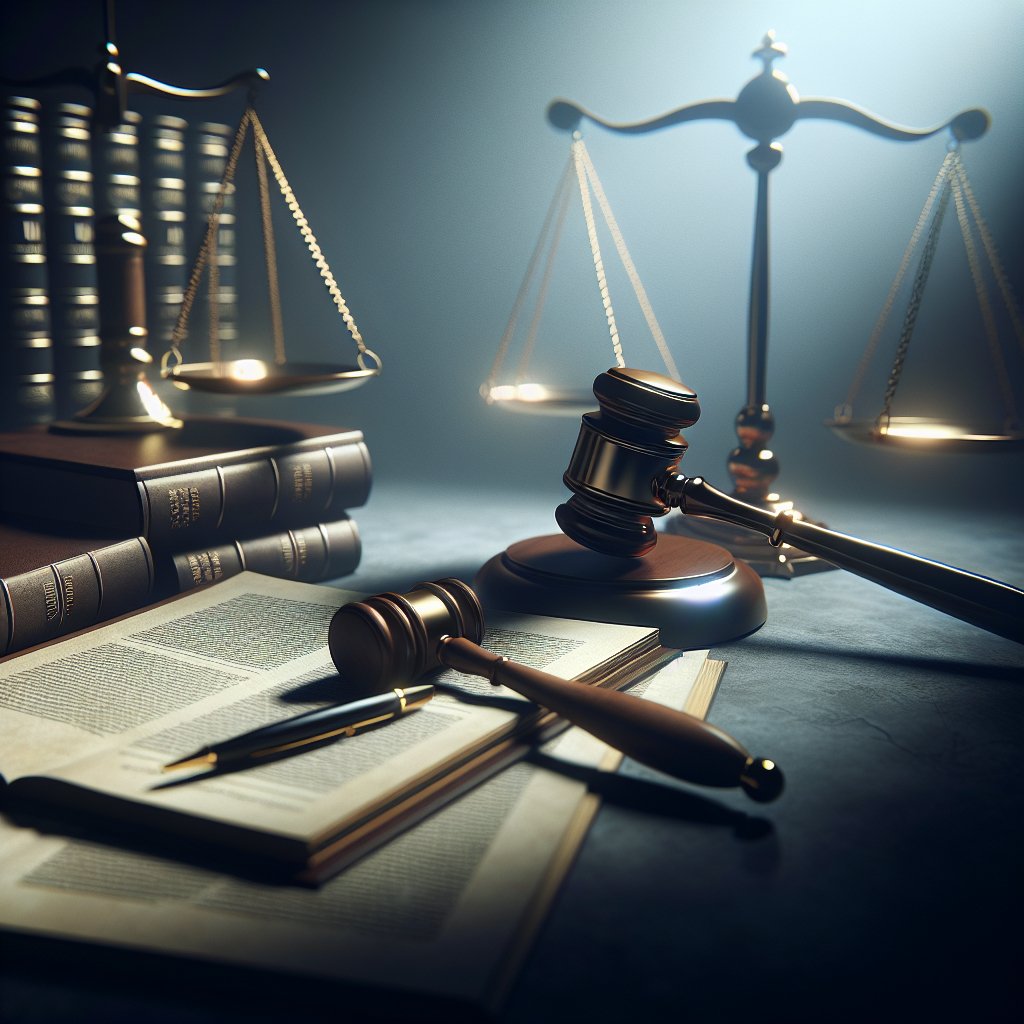Understanding the rights of inmates is crucial for criminal lawyers, as it forms the foundation of ensuring justice and humane treatment within the correctional system. This article delves into the various rights afforded to inmates, the legal frameworks that protect these rights, and the role of criminal lawyers in advocating for their clients within the prison system.
Legal Frameworks Protecting Inmate Rights
The rights of inmates are protected under various legal frameworks, both at the national and international levels. In the United States, the Eighth Amendment of the Constitution, which prohibits cruel and unusual punishment, is a cornerstone in safeguarding the rights of prisoners. Additionally, the Fourteenth Amendment ensures due process and equal protection under the law, which extends to individuals who are incarcerated.
Internationally, the United Nations Standard Minimum Rules for the Treatment of Prisoners, also known as the Nelson Mandela Rules, provide comprehensive guidelines on the treatment of prisoners. These rules emphasize the importance of respecting the inherent dignity of all prisoners and outline standards for their treatment, including access to healthcare, education, and legal representation.
Criminal lawyers play a pivotal role in interpreting these legal frameworks and advocating for the rights of inmates. They must be well-versed in both national and international laws to effectively represent their clients and ensure that their rights are upheld within the correctional system.
Key Rights of Inmates
Inmates are entitled to a range of rights that ensure their humane treatment and access to necessary resources while incarcerated. Some of the key rights include:
- Right to Humane Conditions: Inmates have the right to be housed in facilities that meet basic human needs, including adequate food, clothing, and shelter. Overcrowding, unsanitary conditions, and lack of access to basic necessities can constitute a violation of this right.
- Right to Medical Care: Access to healthcare is a fundamental right for inmates. Correctional facilities are required to provide necessary medical treatment, including mental health services, to all prisoners. Failure to do so can lead to legal action and claims of deliberate indifference to serious medical needs.
- Right to Safety: Inmates have the right to be protected from violence and abuse, whether from other inmates or correctional staff. Prisons must implement measures to ensure the safety and security of all individuals within the facility.
- Right to Access the Legal System: Inmates must have access to legal resources and the ability to communicate with their attorneys. This includes access to law libraries, legal materials, and confidential communication with legal counsel.
- Right to Freedom of Religion: Inmates are entitled to practice their religion and have access to religious services and materials. Prisons must accommodate religious practices unless they pose a threat to security or order within the facility.
Criminal lawyers must be vigilant in ensuring that these rights are respected and that any violations are addressed promptly. They may need to file lawsuits or advocate for policy changes to protect the rights of their clients.
The Role of Criminal Lawyers in Protecting Inmate Rights
Criminal lawyers are essential advocates for inmates, working to ensure that their rights are protected throughout the legal process and during incarceration. Their responsibilities include:
- Legal Representation: Providing effective legal representation to inmates, whether in criminal trials, appeals, or parole hearings. Lawyers must ensure that their clients receive a fair trial and that any legal errors are addressed.
- Advocacy for Rights: Advocating for the protection of inmate rights within the correctional system. This may involve challenging conditions of confinement, seeking medical treatment for clients, or addressing instances of abuse or neglect.
- Policy Reform: Engaging in efforts to reform policies and practices within the correctional system that infringe upon inmate rights. Lawyers may work with advocacy groups, legislators, and other stakeholders to promote systemic change.
- Education and Awareness: Educating inmates about their rights and how to assert them. Lawyers can provide resources and guidance to help inmates navigate the legal system and advocate for themselves.
By fulfilling these roles, criminal lawyers contribute to a more just and equitable correctional system, where the rights of all individuals are respected and upheld.
Challenges in Upholding Inmate Rights
Despite the legal protections in place, upholding the rights of inmates presents several challenges. Overcrowding, underfunding, and systemic issues within the correctional system can hinder the effective implementation of inmate rights. Additionally, there may be resistance from correctional staff or administrators to changes that prioritize inmate welfare.
Criminal lawyers must navigate these challenges by employing strategic litigation, building coalitions with advocacy groups, and leveraging public awareness to drive change. They must also remain vigilant in monitoring conditions within correctional facilities and advocating for their clients’ rights at every opportunity.
In conclusion, understanding and protecting the rights of inmates is a critical aspect of the work of criminal lawyers. By advocating for humane treatment and access to necessary resources, lawyers play a vital role in ensuring justice and equity within the correctional system. Through their efforts, they contribute to a legal system that respects the dignity and rights of all individuals, regardless of their incarceration status.




